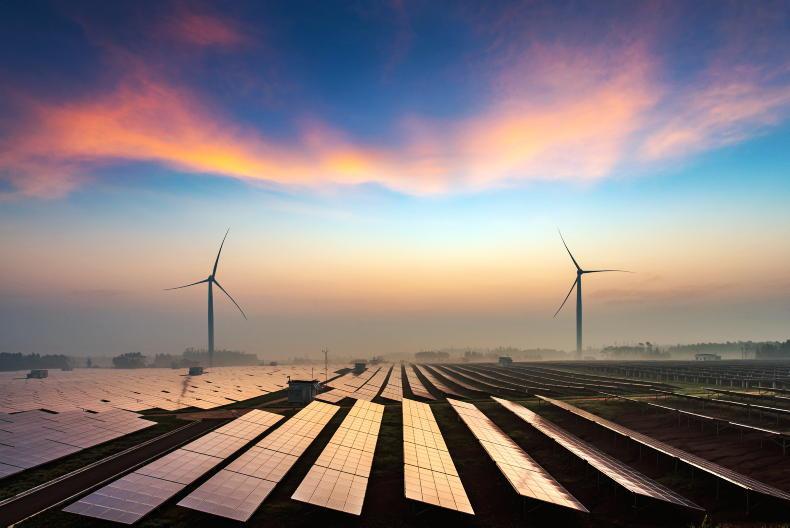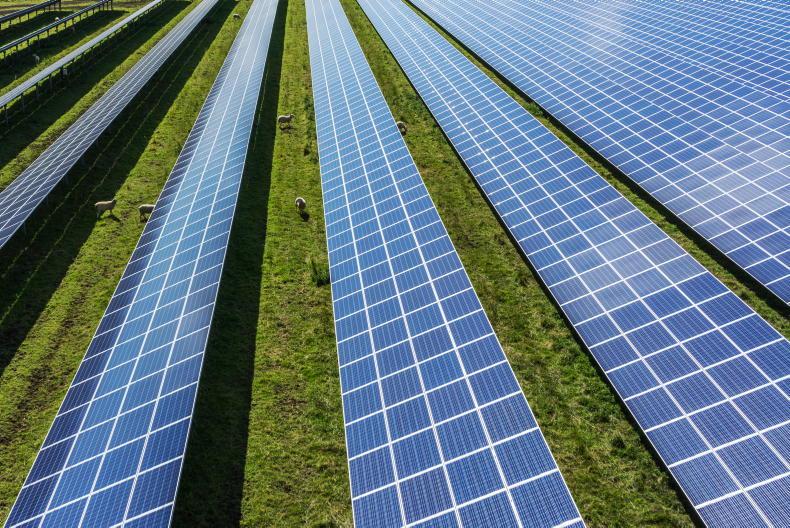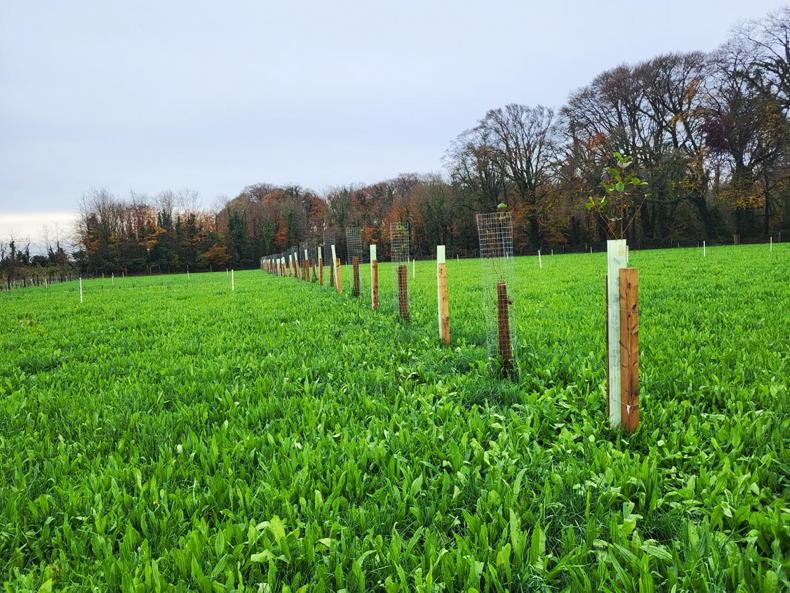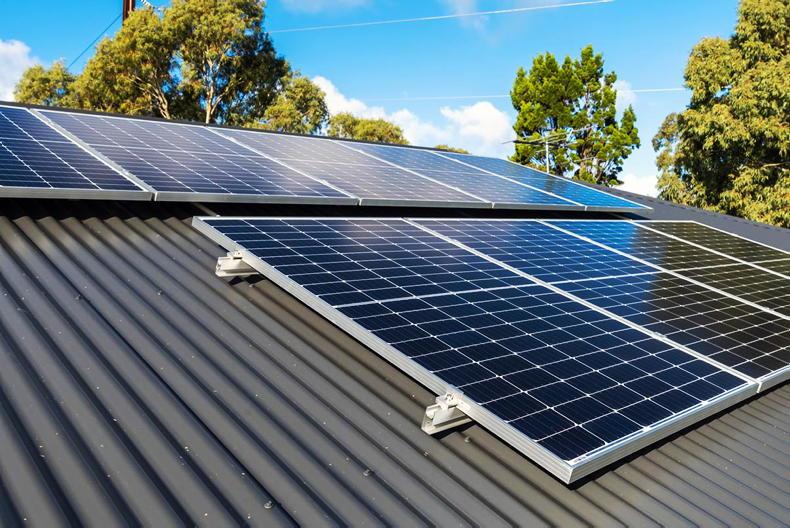Farmers will soon be able to develop large-scale farm-renewable electricity projects, the Irish Farmers Journal can reveal.
A new small-scale generation scheme is to be developed in 2022 and launched in 2023.
It will allow farmers, communities and businesses develop renewable electricity projects from 50kW in capacity and possibly up to 1MW (1,000kW).
The support scheme is set to be technology neutral, so eligible technologies will include solar PV, micro-wind, micro-hydro and micro-renewable combined heat and power (expected to be biogas or biomass fuelled).
With a possible upper limit of 1MW in electrical output, this increases the scope of a farm-based project
However, when commenting on eligible technologies, a spokesperson for the Department of the Environment, Climate and Communications said: “This will mean that any eligible technology can receive support, although from historical data and international experience, it is expected that solar PV will be the dominant technology incentivised by a support scheme.”
As of yet, however, it remains unknown what type of level of support will be provided under the scheme.
With a possible upper limit of 1MW in electrical output, this increases the scope of a farm-based project.
For example, assuming ground mounted solar PV arrays are eligible under the scheme and a grid connection can be secured, a five-acre solar farm with 1MW in output could be developed, offering real diversification opportunities for farmers.
Micro-generation
The long-awaited Micro-generation Support Scheme (MSS) will go to Government shortly and is now expected to be available for entry over summer 2022 as opposed to January.
The scheme will cover domestic, commercial, agricultural, school and community installations up to 50kW in output.
In addition, projects which generate less than 400kW will be eligible for a new Clean Export Guarantee (CEG).
This means they will be paid for excess electricity at a price that’s at least the wholesale market rate.
This is expected to become available from January/February 2022, subject to appropriate connection agreements. More to follow next week.










SHARING OPTIONS